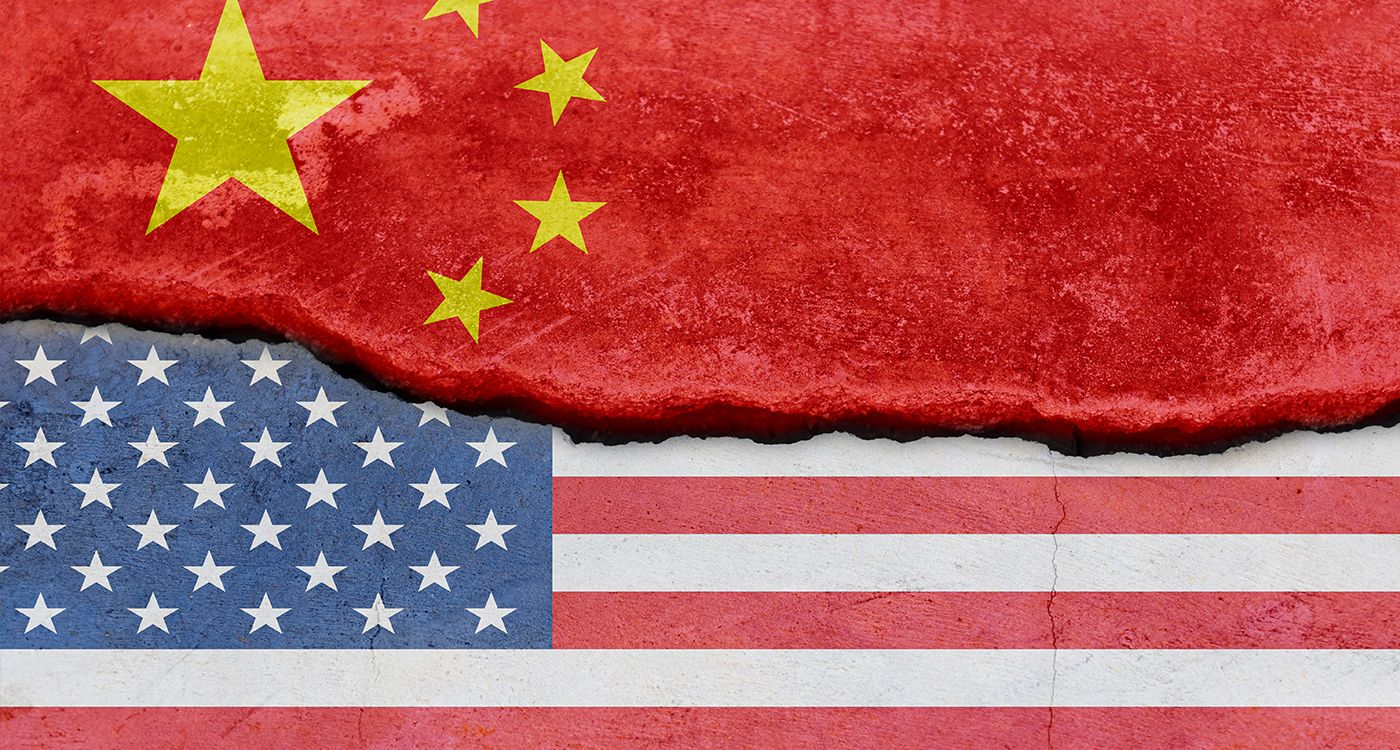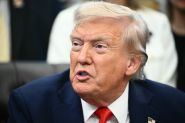
The global stage is in full turmoil. Donald Trump, acting as the grand conductor, has introduced new tariffs that have shaken stock markets and spread panic across the world economy. But the curtain hasn’t dropped yet. China, a major player, is preparing its counterattack and will, as of April 10, impose a 34% tax on American products. The game is far from over...
The trade war sparked by President Donald Trump has thrown global markets into chaos. With stocks crashing and currencies faltering, investors face a panic fit for a financial thriller. Yet China watches from the wings, poised to exploit the disorder like a seasoned economic strategist.
An Inevitable Rise to Power?
Indeed, China appears to be preparing to take the reins of the global economy—and all thanks to the new tariffs. While Donald Trump has sown the wind with his protectionist policies, he has also handed China a golden opportunity. As the United States turns inward, Beijing is positioning itself as a champion of free trade, seizing the chance to shine on the world stage.
Trump’s tariffs could very well backfire, allowing China to increase its trade with other nations while solidifying its commercial influence. Chinese exporters, long constrained by US tariffs, may turn to other emerging markets or even Europe, which is seeking to diversify its trade partnerships.
With initiatives like the Belt and Road Initiative, China has already demonstrated its ambition to play a leading role in the global economy. This vision is not just about trade; it is about geopolitical power. As the US dollar loses its dominance due to the new tariffs, the Chinese yuan is slowly but surely establishing itself as an increasingly influential currency on the international stage. China is already developing partnerships with many countries to bypass the dollar and avoid US economic sanctions.
Of course, risks remain! In a multipolar world, China will have to navigate its commercial ambitions while managing complex geopolitical rivalries. However, let’s not forget that China, often perceived as a “sleeping giant,” actually has the ability to rebound like an economic tiger—bolstered by its massive domestic market, low-cost labor, and significant investments in new technologies.
The rise of Chinese companies like Huawei, Alibaba, and Tencent shows that the country has no intention of playing second fiddle. If Trump aims to prevent China from dominating the global stage, he may, in fact, be accelerating its adaptation and diversification.
With these new tariffs, Donald Trump may have unwittingly laid the foundation for China’s rise to power. While the stock market turmoil has shaken the world economy, it may be China, within the quiet walls of its silk trade routes, that is gathering strength to become the economic leader of the 21st century.




Comments